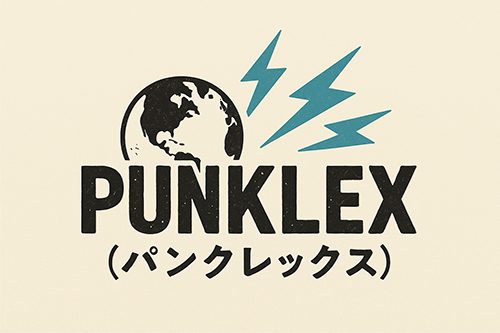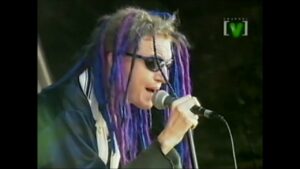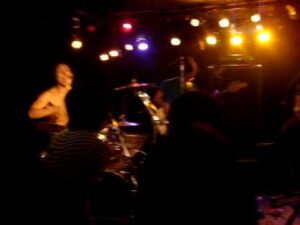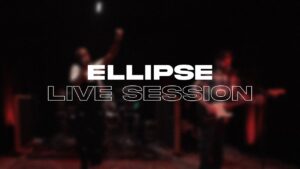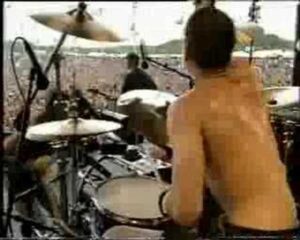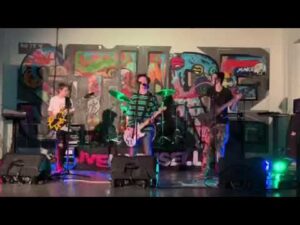Formation & Members
Trash Talk (トラッシュ・トーク) emerged from the vibrant punk scene of Sacramento, California, in 2005. The band was founded by vocalist Lee Spielman and guitarist Garrett Stevenson, who sought to channel their chaotic energy and anti-establishment ethos into a musical project that would embody the raw spirit of punk and hardcore. They were soon joined by bassist Spencer Pollard and drummer Sam Bosson, completing a lineup that would become synonymous with frenetic live performances and a relentless work ethic.
Over the years, Trash Talk has seen some lineup changes, but the core members have remained committed to their vision. This stability has allowed the band to maintain its distinct sound while evolving in new, exciting directions. Their ability to adapt and grow while staying true to their roots has been a key factor in their enduring appeal.
Musical Style & Characteristics
Trash Talk’s musical style is a combustible mix of punk, hardcore, and thrash, characterized by its raw intensity and unfiltered aggression. Their sound is defined by fast-paced drumming, furious guitar riffs, and Spielman’s ferocious vocal delivery. The band channels the spirit of early hardcore acts like Black Flag and Bad Brains while incorporating elements of modern thrash and metal.
One of the defining characteristics of Trash Talk’s music is its brevity and urgency. Their songs often clock in at under two minutes, packing a punch with their rapid tempo and visceral energy. The band’s lyrical themes frequently tackle social and political issues, reflecting their disdain for societal norms and encouraging listeners to question authority and think for themselves.
Key Works & Discography
Trash Talk’s discography is a testament to their relentless drive and evolution as a band. Their self-titled debut album, released in 2008, set the tone with its blistering speed and unyielding aggression. Tracks like “F.Y.R.A.” and “Sacramento Is Dead” became anthems for disillusioned youth and showcased the band’s ability to craft memorable yet incendiary songs.
In 2012, Trash Talk signed with Odd Future Records, becoming the first non-hip hop act on the label. This partnership led to the release of the critically acclaimed album “119,” which further solidified their place in the hardcore scene. The album featured standout tracks like “Exile on Broadway” and “Reasons,” which highlighted the band’s growth and experimentation with more complex song structures and production techniques.
Their subsequent releases, including “No Peace” (2014) and “Squalor” (2020), continued to push the boundaries of hardcore while staying true to their punk roots. Trash Talk’s discography is a reflection of their commitment to innovation and their refusal to be pigeonholed into any single genre.
Influence on Other Bands/Scenes
Trash Talk’s impact on the punk and hardcore scenes cannot be overstated. Their aggressive yet accessible sound has inspired countless bands to explore the fusion of punk, hardcore, and thrash. They have been credited with revitalizing interest in the hardcore genre, bringing it to a new generation of fans who were drawn to their explosive energy and uncompromising message.
Their collaborations and tours with diverse acts, including hip hop collective Odd Future, have helped bridge the gap between different musical styles and communities. This cross-genre collaboration has influenced many artists to experiment and blend different sounds, contributing to the evolution of contemporary punk and hardcore music.
Breakups or Reunions
Throughout their career, Trash Talk has remained remarkably consistent, avoiding the common pitfalls of breakups and lineup changes that plague many bands. While they have experienced periods of hiatus, these breaks have often been used to recharge and refocus, ultimately resulting in new material and renewed energy.
The band’s ability to maintain its core lineup has been instrumental in their longevity and success. By staying connected to their original vision and supporting each other through the challenges of the music industry, Trash Talk has managed to avoid the internal conflicts that often lead to a band’s dissolution.
Current Reputation & Legacy
As of today, Trash Talk is regarded as one of the most influential bands in the modern punk and hardcore scenes. Their reputation for delivering intense and unforgettable live performances has earned them a dedicated following around the world. Fans and critics alike praise their ability to capture the raw essence of punk while continuously pushing the boundaries of the genre.
The band’s legacy is marked by their commitment to authenticity and their refusal to conform to mainstream expectations. Trash Talk has inspired a new generation of musicians to embrace the DIY ethos and to create music that is both meaningful and challenging. Their influence can be seen in the work of numerous contemporary bands who cite Trash Talk as a major inspiration.
Conclusion
Trash Talk (トラッシュ・トーク) stands as a testament to the enduring power of punk and hardcore music. From their formation in Sacramento to their status as trailblazers in the genre, the band has left an indelible mark on the music world. Their relentless energy, uncompromising message, and ability to evolve while staying true to their roots have ensured their place in the annals of punk history.
As they continue to perform and release new music, Trash Talk remains a vital force, inspiring fans and fellow musicians with their defiant spirit and unyielding passion. Their legacy is one of innovation, authenticity, and a relentless dedication to the punk ethos, ensuring that their influence will be felt for years to come.
